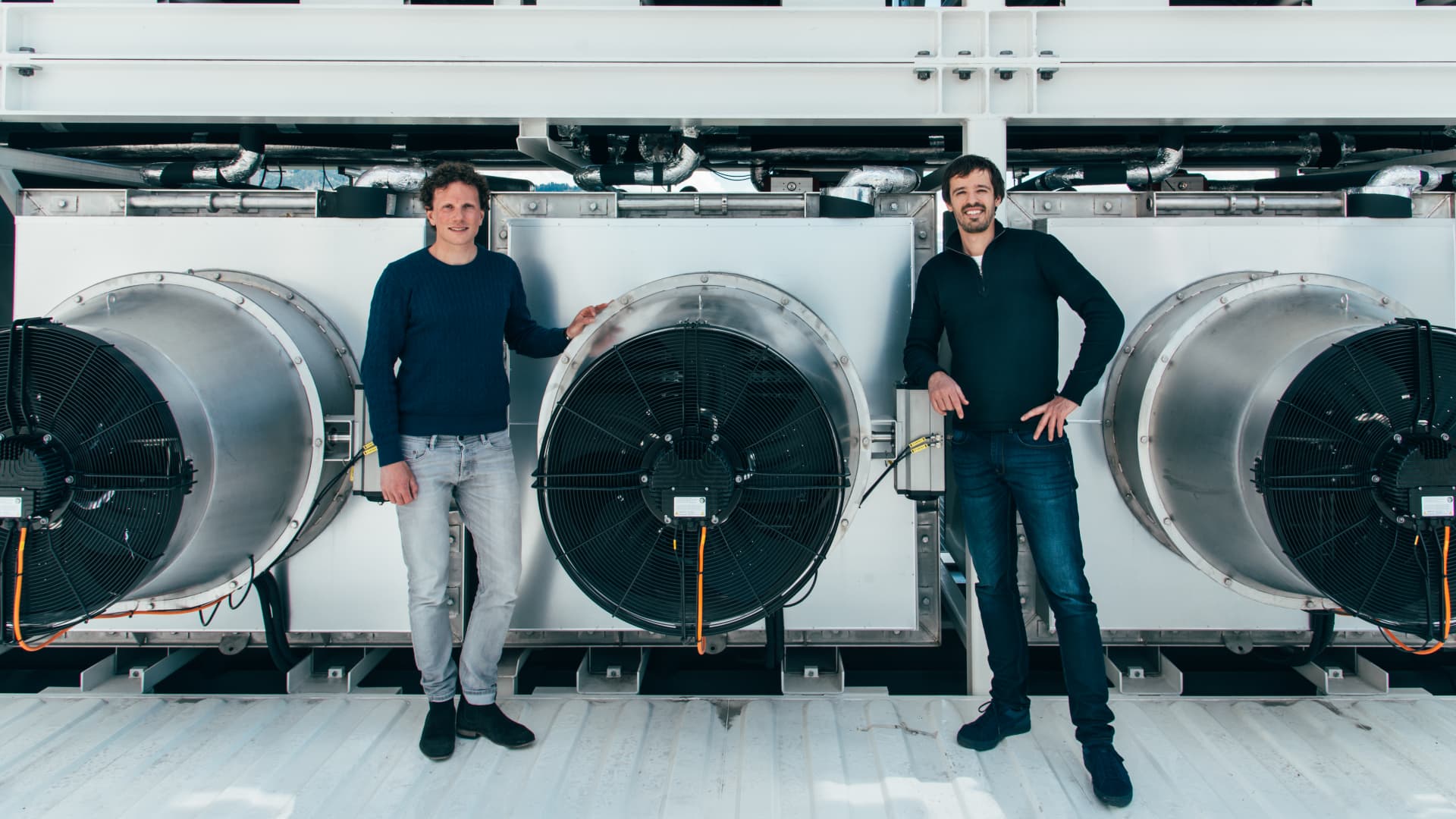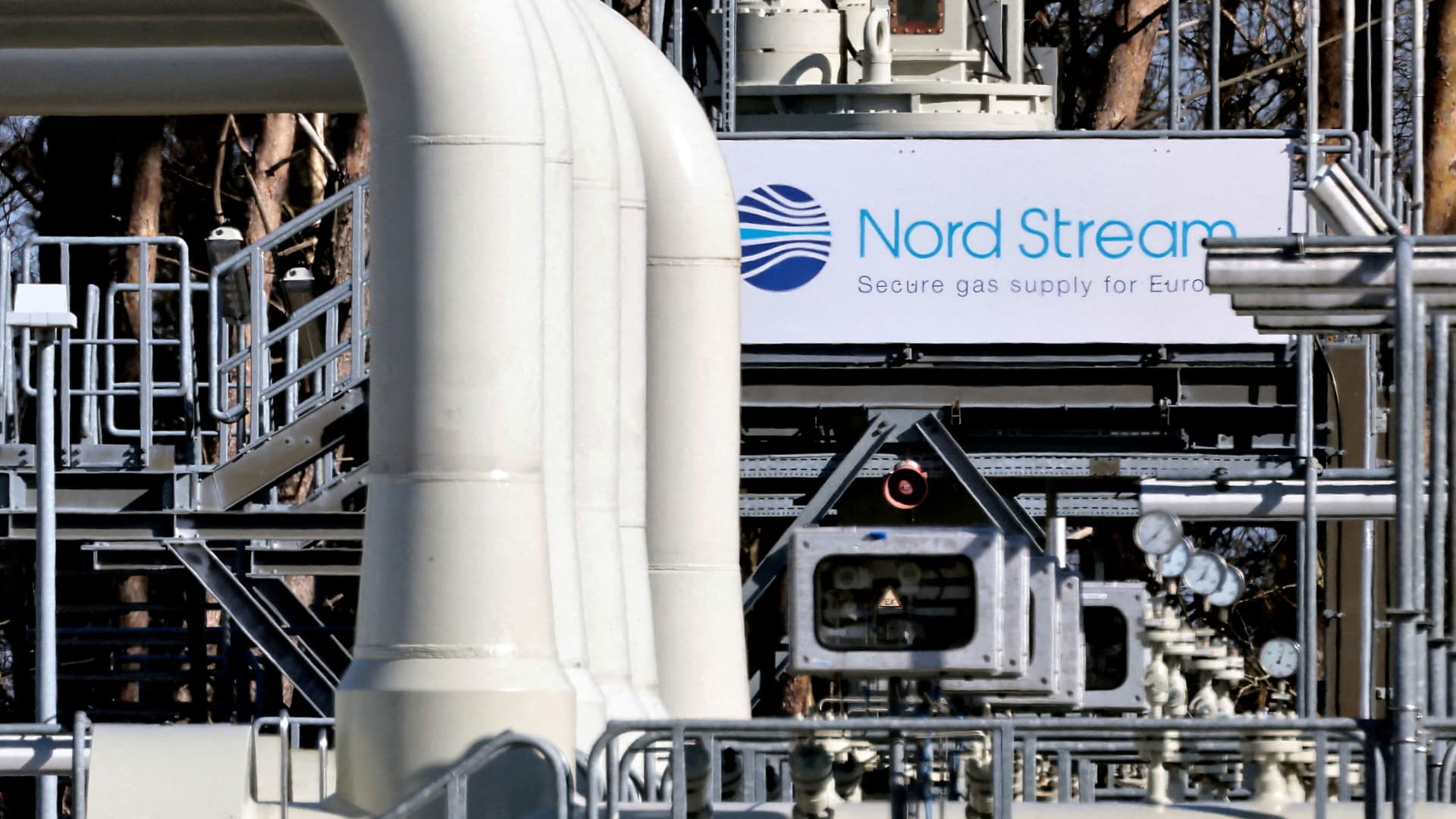Energy
Thursday, March 21st, 2024 2:17 pm EDT
Key Points
- Einride and Voltera collaborate to establish one of the first EV charging stations for freight trucks near the Ports of Los Angeles and Long Beach, featuring 65 chargers capable of servicing 200 vehicles daily, primarily for A.P. Moller-Maersk routes.
- California emerges as a focal point for EV freight charging infrastructure, with Einride planning to expand EV charging stations for freight trucking on the West and East coasts, while NFI also announces a freight EV charging station in Ontario, California.
- Despite challenges such as battery range limitations, there is a concerted effort by trucking companies, EV partners, and government agencies to accelerate the adoption of EV technology in the freight market, driven by grants, incentives, and regulatory mandates aimed at achieving net zero emissions by 2040.
Einride and Voltera, two companies at the forefront of freight mobility and EV charging infrastructure, have collaborated to inaugurate the Lynwood Smartcharger Station in California, near the Ports of Los Angeles and Long Beach. This station, boasting 65 chargers with the capacity to charge 200 vehicles daily, represents a significant step in facilitating the transition to EV trucking and achieving net-zero shipping. A.P. Moller-Maersk, a major player in global shipping and an investor in Einride, is initially utilizing the station for its routes. Einride, operating one of the largest fleets of heavy-duty electric trucks, has been instrumental in pioneering digital, electric freight solutions since its inception in 2016. Similarly, Voltera, specializing in EV infrastructure development, underscores the swift development of the Lynwood Smartcharger Station, from permitting to operational status within 18 months, a notable feat in the charging infrastructure domain.
California emerges as a focal point for EV freight charging infrastructure, with the Lynwood station and other initiatives such as NFI’s freight EV charging station in Ontario, designed to cater to port drayage trucks. The emphasis on drayage transportation, which involves short-distance movement of goods, aligns with the current limitations of EV truck batteries in terms of range. Erik Neandross, CEO of transportation consultant GNA, characterizes the current stage of EV charging infrastructure development as nascent, primarily concentrated in California, but with substantial potential for expansion across the U.S. freight market. Government incentives and utility spending in California, coupled with regulatory mandates for zero-emission fleets by 2035, serve as catalysts for increased investment in EV infrastructure.
The broader context of achieving net zero by 2040 underscores the necessity for comprehensive solutions across the entire supply chain, encompassing manufacturing, logistics, and transportation. Neandross emphasizes the holistic approach required, where companies like Pepsi are not only optimizing production processes but also transitioning to cleaner transportation methods. With the impending release of new emissions requirements for medium and heavy-duty trucks by the Environmental Protection Agency, alternatives to diesel engines, including EV trucks, are poised to become more competitive, further driving the momentum towards sustainable freight solutions.
For the full original article on CNBC, please click here: https://www.cnbc.com/2024/03/21/ev-charging-for-the-us-freight-trucking-market-is-starting-to-scale.html




